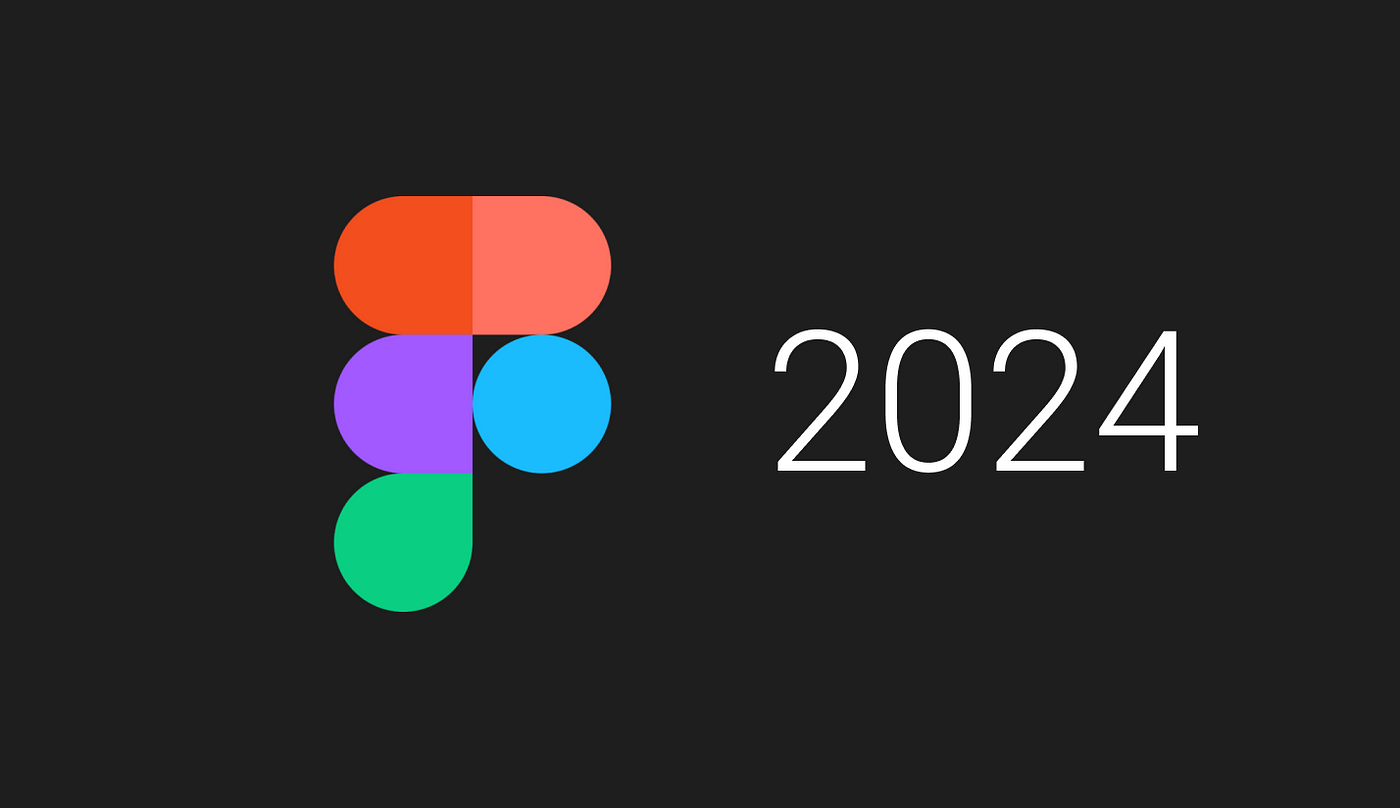Figma, a leading platform in digital design and prototyping, has significantly upgraded its capabilities with the integration of artificial intelligence (AI) in its 2024 release. This strategic enhancement not only streamlines the design process but also augments the creativity and collaboration amongst designers.
AI-Driven Design Features
Figma’s AI integration introduces several key features aimed at improving design efficiency and effectiveness:
- Smart Layouts and Adaptive Prototyping: The introduction of smart layouts by Figma allows AI algorithms to suggest optimal design elements placement, including spacing and alignment. Adaptive prototyping takes this further by adjusting designs to fit various devices automatically, eliminating many manual adjustments and speeding up the design process.
- Enhanced Prototyping Capabilities: The 2024 update also expands Figma’s prototyping capabilities, enabling more dynamic and interactive prototypes. This includes sophisticated user flow simulations and advanced transition effects, making it a comprehensive tool for designers.
- AI-Powered Design Assistance and Real-time Insights: AI algorithms provide real-time design suggestions, automate repetitive tasks, and generate actionable insights based on user interaction data. This not only enhances individual productivity but also ensures designs are optimized for user engagement.
- 3D Design Integration and AR Preview: Recognizing the increasing relevance of 3D elements in digital environments, Figma now supports native 3D design integration. Additionally, a new AR preview feature allows designers to see how their creations will look in augmented reality, offering a more intuitive design experience.
Collaboration and Education Enhancements
Figma has also focused on improving collaboration and educational resources:
- Collaborative Features Beyond Design: The platform extends its collaborative capabilities to include shared design systems, helping teams maintain consistency across projects.
- Community and Educational Initiatives: With the Figma for Education program, Figma aims to make its tools more accessible to students and educators, thereby nurturing the next generation of designers. The platform also offers increased support through webinars and tutorials, enhancing the learning curve for all users.
Figma’s 2024 advancements position it at the forefront of design technology. By harnessing AI, Figma not only enhances the tool’s usability and functionality but also fosters a more collaborative and innovative design community. As digital design continues to evolve, Figma’s AI integration marks a significant step forward, promising to enhance the capabilities of designers and teams across the globe.
As we move forward, Figma’s commitment to innovation and user-centric solutions is clear. The integration of AI tools transforms it from a simple design tool to an essential partner in the creative industry, driving efficiency and new possibilities in digital design.



















